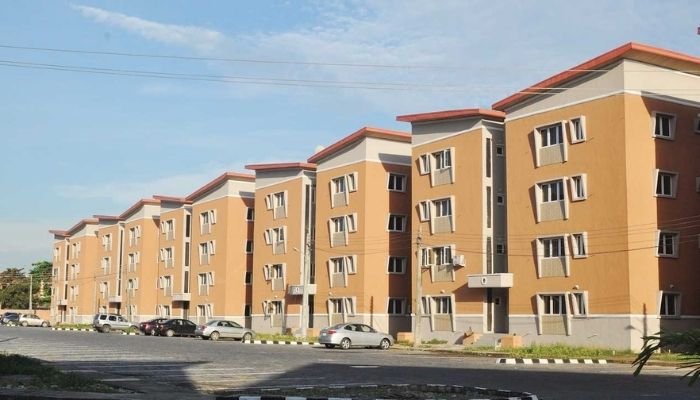Housing finance experts have said that some federal civil servants are likely to miss out on the single-digit-interest mortgage that the Ministry of Finance Integrated (MOFI) Real Estate Funds (MREIF) has offered them, citing low-income levels.
The experts, who commended the offer, describing it as an ambitious move in a market where double-digit rates have long been the norm, added that this offer may also elude the workers due to poverty and high cost of living, which leave them with nothing as savings.
MOFI recently signed a deal with Family Homes Funds Limited (FHFL) and ARM Investment Managers to unlock single-digit mortgage loans for federal civil servants, as part of efforts to expand access to housing through its MREIF.
The partnership aims to address persisting housing affordability challenges in Nigeria by reducing mortgage interest rates and lowering equity contribution requirements for government workers.
The partnership agreement provides that civil servants will be able to access home loans with just a 10 percent equity contribution, while benefiting from single-digit interest rates. Equity contribution requires a borrower to provide, in this case, 10 percent of the value of the property for which the loan is sought.
The experts note that many Nigerians struggle to afford mortgages, recalling that even at a 6 per cent interest rate offered by the National Housing Fund (NHF), many civil servants are still unable to access housing loans due to affordability issues.
Though a major requirement for mortgage access is gainful employment with a regular income flow, the reality in the mortgage market shows that being gainfully employed is not enough because mortgage lenders are looking at not just the job the borrower is engaged in, but also how fat and sustainable the borrower’s income is.
In Nigeria, people with an income below N1.2 million per annum are classified as low-income earners. The country’s national minimum wage stands at N70,000 per month, meaning that the annual income of an average worker is N84,000.
Adeniyi Akinlusi, former chief executive of Trustbond Mortgage Bank and the new MD/CEO, Lekki Worldwide Investments Limited (LWIL), explained to BusinessDay why workers on minimum wage are unable to access a mortgage.
Akinlusi explained that, based on the terms of mortgage structuring, which requires repayment of not less than one-third or 33.3 per cent of a monthly income, a borrower on N70,000 per month has to deduct approximately N23,100 for loan repayment.
Given a monthly payment of this sum for a 30-year mortgage, as required by law, a mortgage loan borrower will have to contribute only N8.3 million for the 30 years.
With the N8.3 million, it remains to be seen where the worker will buy a three-bedroom house, for instance, even in a low-income market in the outskirts of Nigerian cities like Lagos and Abuja.
Maurice Onyekwelu, an estate developer in Lagos, told BusinessDay that there is no decent accommodation for N8 million in a good location, citing a moderately low-income estate located along the Lagos-Badagry Expressway where three-bedroom bungalows sell for between N25 and N30 million per unit.
“Besides that, there is also hardly a 30-year mortgage available for loan applicants,” Onyekwelu noted, adding that the 10 per cent equity contribution will also pose a challenge because 10 percent of N30 million, for instance, is N3 million. “How many civil servants earning N70,000 minimum wage have N3 million for equity contribution?” he queried.
MREIF has been described by housing industry players as a good initiative by the federal government to advance the cause of housing in the country. It is a private sector-led housing finance initiative that offers 20 years mortgage at 12 percent interest rate.
Armstrong Takang, CEO, MOFI, has assured home-seeking Nigerians that MREIF is here to expand access to housing for them on a mass scale through a credible and innovative financing model offering affordable, long-term mortgages.
“Though the journey began with a 12 percent interest rate, the partnership with FHFL and ARM marks a major milestone, as it will make available single-digit mortgage rates to federal workers,” he said, pointing out that, with only 35,000 active mortgages in a country of 220 million, scaling access is critical.
MREIF has been approved by Nigeria’s Securities and Exchange Commission (SEC) and has received top ratings from local agencies—AAA from Agusto and AA from GCR. It has raised NGN250 billion in capital, which it has started disbursing across three geopolitical zones.

